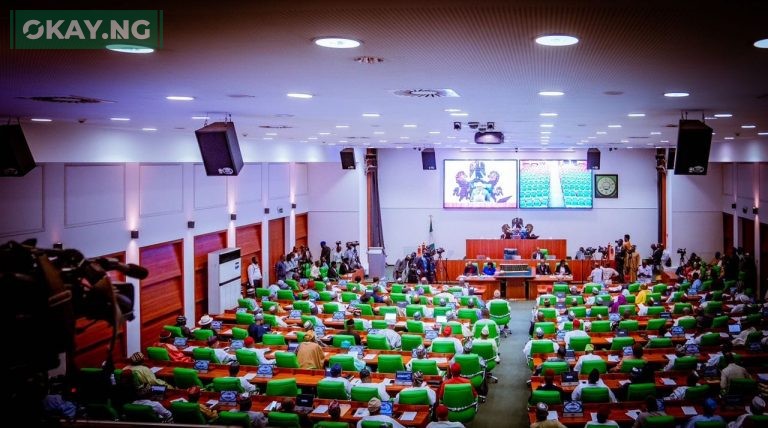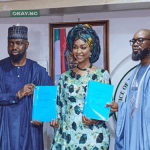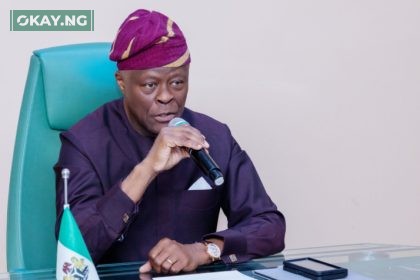The Nigerian House of Representatives has advanced 42 constitutional amendment bills to the next legislative stage. This development follows a prior day’s passage of 39 bills, bringing the total to 81, encompassing a broad spectrum of proposed reforms.
The Wednesday plenary, presided over by Deputy Speaker Benjamin Kalu, saw the approval of eight bills focused on the contentious issue of devolution of powers, a topic that has long ignited national debate regarding the balance of authority between federal and state governments. Eight additional bills aim to strengthen critical institutions, while four seek to create new states, a move that often triggers complex socio-political considerations. Further, the House approved one bill on traditional institutions, three concerning citizenship, four on fundamental rights, and a substantial 14 bills focused on local government reforms.
“These bills represent a comprehensive effort to address longstanding issues within our constitutional framework,” stated Deputy Speaker Kalu, as he directed the bills to the Committee on Constitutional Amendment for further deliberation. This committee is now tasked with scrutinizing the bills, conducting public hearings, and producing a report that will shape the future of these proposed amendments.
The sheer volume of bills under consideration underscores the House’s ambition to enact sweeping changes. The focus on devolution of powers, for instance, resonates deeply with many Nigerians who advocate for greater autonomy at the state and local levels. This push reflects a desire to decentralize authority, potentially fostering more responsive and accountable governance.
Read Also: Election Overhaul: House Moves to Resolve Petitions Before Inauguration
“When you look at local government autonomy, it’s not just about administrative efficiency, it’s about bringing governance closer to the people,” said a legislative analyst, speaking on condition of anonymity. “It’s about how decisions impact everyday lives.”
The creation of new states, a topic always fraught with emotional and political implications, also indicates a desire to address perceived marginalization and developmental disparities. However, this process is notoriously complex, often leading to debates over resource allocation and ethnic representation.
The bills relating to fundamental rights and citizenship also strike at the heart of national identity and inclusion. These proposed amendments could potentially redefine the relationship between the state and its citizens, addressing issues of equality and justice.
“These amendments, if passed, could redefine the very fabric of our society,” remarked a civil rights advocate. “They speak to our aspirations for a more equitable and just nation.”
It’s important to recognize that the journey from bill passage to constitutional amendment is arduous. The bills must navigate through the legislative process, including approval by two-thirds of the state assemblies, before they can become law. This process ensures broad consensus and reflects the diverse interests within the Nigerian federation.
As these bills move forward, the nation watches with keen interest, aware that the outcomes could significantly reshape Nigeria’s political and administrative landscape. The ongoing debates and deliberations will undoubtedly influence the trajectory of the nation’s democratic evolution.












